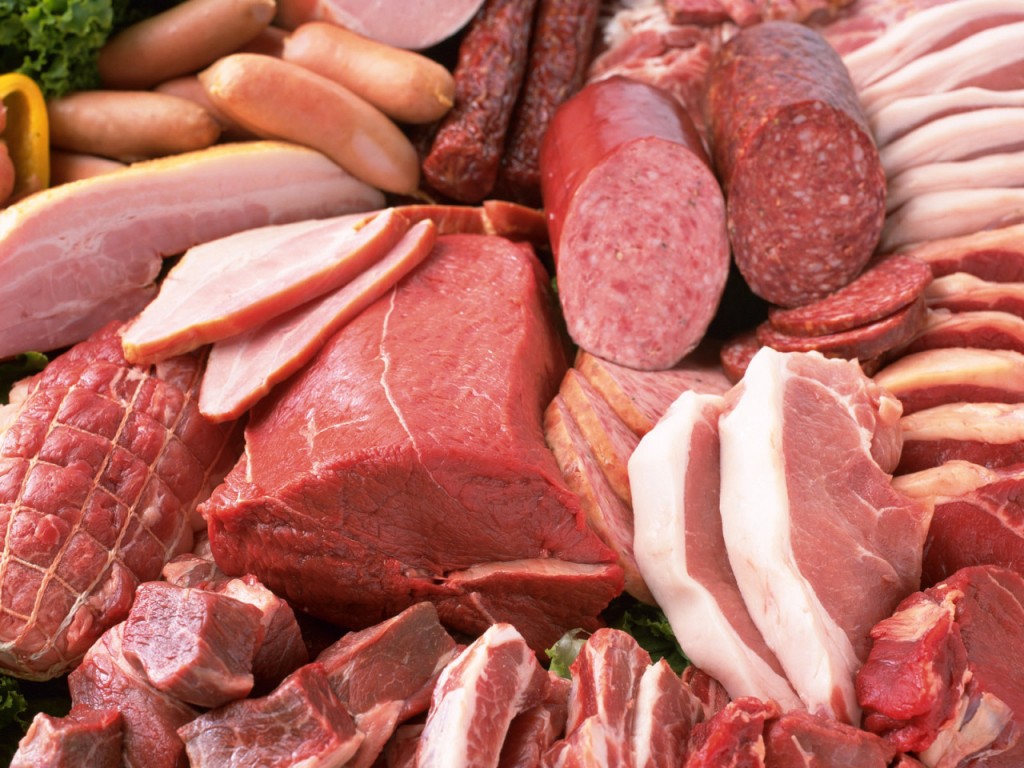 Healthier diets and reducing food waste are part of a combination of solutions needed to ensure food for all and prevent disastrous climate change, according to a team of scientists at the University of Cambridge.
Healthier diets and reducing food waste are part of a combination of solutions needed to ensure food for all and prevent disastrous climate change, according to a team of scientists at the University of Cambridge.
By 2050, there will be 9,6 billion humans on planet Earth. The availability of food to feed these millions of people is a current issue and of global concern.
What will need to be done in agriculture and livestock to meet future food needs?
In an article recently published in the journal Nature Climate Change (http://www.nature.com/nclimate/journal/vaop/ncurrent/full/nclimate2353.html), Cambridge University researchers carry out a simulation that tries to answer that question, but more about the perspective involving climate change resulting from the impact of current and future trends in the human diet.
According to this new study, the growing westernization of diets in most countries around the world, in which there is an unreasonable increase in the consumption of meat and highly processed foods, will have the impact of an increase much higher than that estimated so far for the emission of greenhouse gases in 2050.
The article's authors stress the need to urgently carefully rethink what we eat and the environmental impact of that.
The exponential growth of the world population associated with the shift from food tastes to a meat-rich diet requires a considerable increase in agricultural production, far beyond what is now possible.
To satisfy the new appetites of a growing population, more arable land is needed, to create more pastures, which implies increased deforestation.
According to the authors of this study, if the current food trend is maintained, by 2050 the amount of arable land will have expanded to more than 42% and the use of chemical fertilizers will increase sharply by about 45% compared to 2009 levels. And about 10% of the world's virgin forests will disappear in the next 35 years.
If this continues, when our children are adults, the world will have a different climate, with more environmental disasters, with greater loss of biodiversity, with a lower quality of life for the then 9,6 billion human inhabitants on this planet , the only one we know where life exists.
In order to respond to food needs based on meat consumption, a heavy livestock activity will dangerously increase the levels of methane emitted into the atmosphere. This gas is ten times more potent in causing a greenhouse effect than carbon dioxide.
All of the aforementioned aspects will result in an 80% increase in the prediction of greenhouse gas emissions in 2050, according to the scientists in this study, which is much higher than estimated only for emissions resulting from global economic activity. In fact, these will have to be added to those, which does not do anything good for the environment.
“It is imperative that we find ways to achieve food security without expanding crops and grazing land. Food production is a factor in causing biodiversity loss and a major contributor to climate change and pollution, so our food choices are extremely important and have non-negligible consequences”, says Bojana Bajzelj of Cambridge University and first author of the study.
The authors also draw attention to the harmful consequences on the environment caused by the always excessive food waste seen in developed countries. This waste, in addition to being a social evil in itself, obliges an energy expenditure necessary for its treatment, which also increases the emission of greenhouse gases.
In the article, scientists present a composition for the diet that they consider adequate to avoid the consequences of the current food trend.
They suggest a balanced diet consisting of two 85g servings of red meat and five eggs a week, as well as one serving of poultry meat a day.
"This is not a proposal for a vegetarian diet, but for a diet that includes meat in adequate amounts for a diet considered healthier," says Keith Richards, another author of the study.
Reducing food waste and moderating our meat consumption in a more balanced diet is therefore considered essential for us to reduce the impact of the global diet on climate change.
So think about what you eat, not only to maintain good health, but also to build a better future in environmental terms.
Author Antonio Piedade
Science in the Regional Press – Ciência Viva


















Comments